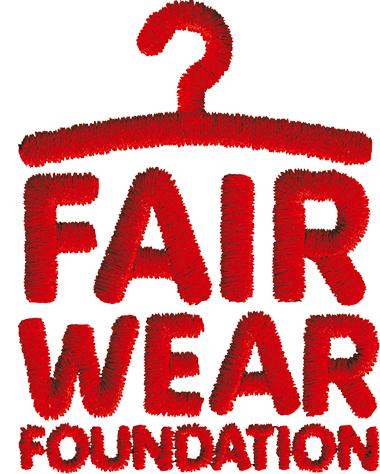“Who pays for a higher wage for garment workers?” ask FWF experts Doug Miller and Klaus Hohenegger
FWF experts Doug Miller and Klaus Hohenegger have published a comprehensive article entitled “Who pays for a higher wage for garment workers?” in industry publication Just-Style.
Focused on statutory minimum wage increases expected in several countries, the articles highlights the importance of calculating the minute cost of labour and making the wage component of garment prices visible during buyer-supplier negotiations to ensure workers are paid what they are legally due.
The FWF experts point out that in a margin-driven industry, buyers are often unwilling to shoulder the higher costs of compliance with new legal wage requirements while suppliers resist open costing. Higher statutory wages, even if they fall short of a living wage level, are a step in the right direction. Unless brands assume their responsibilities and reflect the wage increases in their purchasing policies, however, factories may end up reducing their workforce or increasing pressure on workers to produce more or work longer hours.
FWF expects member brands to ensure that all workers manufacturing their garments and products are at least paid the statutory minimum wage. Brands must also work toward paying a living wage that allows workers to cover basic needs such as food, housing, education and enjoy decent living standards.
Download






